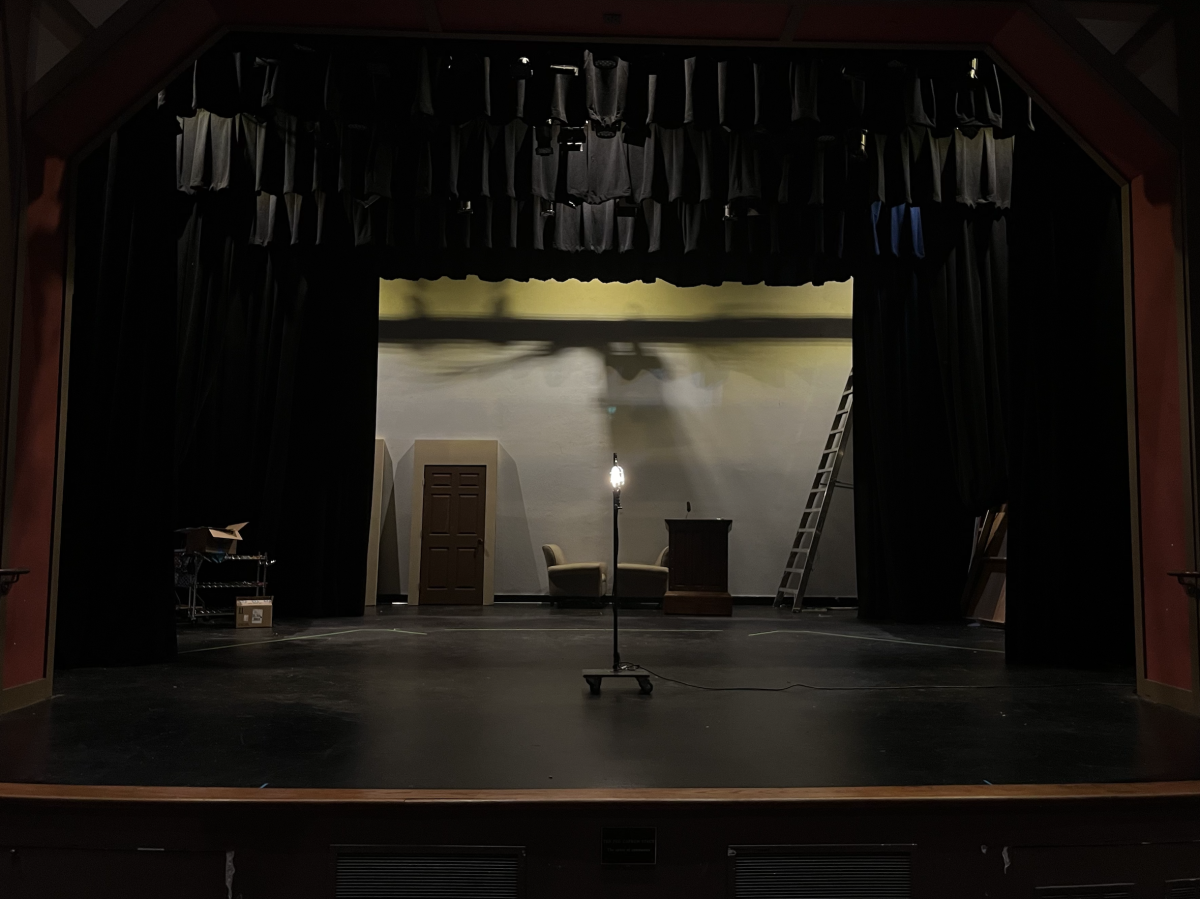Theatre is not a sport – but it shouldn’t have to be to get the same respect. At Castilleja, Upper School athletic coaches are paid Palo Alto minimum wage, which is currently $17.80 per hour. Upper schoolers who assist with the middle school musical are paid nothing. I recognize that some students (such as myself) play smaller roles, such as being on deck crew or building props. But the upper schoolers that are there full time are putting in more hours and just as much effort as student coaches – for free. Upper School assistant directors and stage managers deserve to be paid equally to Upper School athletic coaches.
The upper schooler-to-middle schooler ratios of middle school sports and the middle school musical are not comparable. Most middle school teams have between 10 and 15 players, with two student coaches. The middle school musical, on the other hand, has around 50 actors, along with six middle school backstage assistants. How many full-time upper school assistants are there for all these kids? Three. That’s almost 20 middle schoolers for every upper schooler, a staggering difference from coaches’ five.
It’s also no secret that musicals are time-consuming. Yes, some students only help with dress week, but the ones that are there full-time are there every day of the week for two entire months. This year’s middle school musical, Matilda, had rehearsals every day for a month, one week of tech, and one week of dress rehearsals. That totals 80 hours of managing actors, not to mention the 4 hours spent on a Saturday afternoon doing dry tech or the time spent responding to the countless emails regarding missed rehearsals. Upper School coaches put in dramatically fewer hours – the middle school softball team I coached only met for 30. That’s nearly a third of the hours a theatre assistant puts in. Being a full-time assistant is not a casual hobby or a two-hour volunteer venture. It is every bit the commitment that coaching a sport is, if not more.
As someone who has both coached a sport and crewed for four Castilleja musicals, I have seen that backstage assistants are just as integral to the theatre program as coaches are to athletics. During a theatrical production, anything can and will go wrong: somebody goes on with one shoe, every single actor’s wig makes a crawling bid for escape off of their head, or a bench ends up on the wrong side of the stage. The one thing all of those potential disasters have in common? Upper schoolers fixed them. Upper schoolers backstage can truly make or break a show with their ability to complete their assigned tasks and put out any metaphorical fires that arise mid-show. Even before the actual show date, Upper School assistants are crucial to making sure rehearsals run smoothly: they are the ones who deal with scheduling conflicts, keep the extensive attendance spreadsheet and are the role models of the Casti theatre culture. They may not be doing the blocking, designing the sets, or coming up with the choreography, but the show literally could not go on without the hard work of these unpaid volunteers.
Of course, more than three students support Casti’s theatre program. With dress week comes more movers, dressers, and other part-time helpers. But I’m not saying we should pay every single person who touches the production. I want to reiterate that I am only discussing the assistants who are there full-time. The school is already employing 45 student coaches across this school year. I am only asking for three more. Those three upper schoolers who assisted with the middle school musical for the whole two months put so much time, effort, and emotional energy into their work. They deserve compensation every bit as much as athletic coaches do.



Ms. Babb | May 23, 2024 at 10:02 am
This is a very good point. I hope the Counterpoint will keep us posted on what is decided on this.